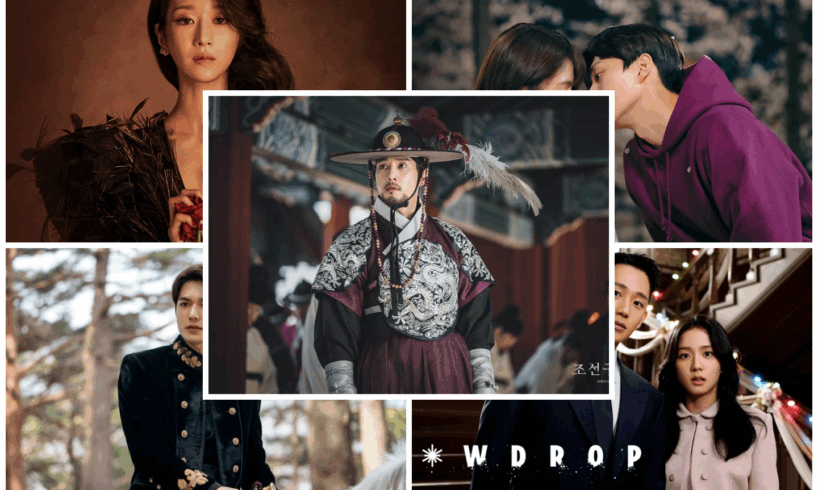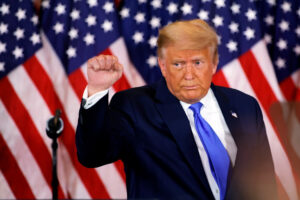
The K-dramas we binge and love are made in South Korea, but shockingly, some of them are actually banned in their own country.
South Korea is generally open, but there are strong social and cultural norms, historical sensitivities, and legal/political constraints. For example, Korea has a painful and proud history (e.g. Joseon dynasty, Japanese colonial period, democratic struggles vs military dictatorship).
ALSO READ: 9 K-dramas with the steamiest kiss scenes
Misrepresentation of these stories or introducing fictional elements that are seen as diminishing or insulting key figures/events often triggers backlash. Korea also has stricter norms about sexual content, age gaps, portrayal of sex or romance, eroticism, violence, etc.
Hence, ratings boards, public opinion, sometimes sponsors or government bodies exert pressure if such content is seen as excessive. Also, portrayals of the North-South relations, spies, military regime, democracy protests, or North Korean agents are delicate.
In summary, any portrayal that touches on real events or seems to reinterpret them can provoke strong reactions. In cases like this, if netizens protest, petitions will mount, and advertisers may withdraw, and the show may be delayed, censored, or even cancelled.
RELATED: 50 best K-dramas of all time that will keep you hooked from start to finish
5 K-dramas That Were “Banned” In Korea
Below is a list of K-dramas that were banned or heavily restricted in Korea.
1. Joseon Exorcist (2021)
The drama was a fantasy horror period piece. After airing just two episodes, it drew intense backlash for historical distortion. The portrayal of King Taejong going on a rampage, showing Prince Chungnyeong (later King Sejong, a highly revered figure) in inappropriate contexts.
There was also the inclusion of Chinese-style props, clothing, foods (mooncakes, century eggs), Chinese architectural style, etc. Viewers felt it misrepresented and disrespected Korean history and culture. After two episodes were aired (of a planned 16), the show was terminated (broadcast rights contract cancelled) due to sponsors pulling out, massive public outcry, and advertiser withdrawal.
2. Snowdrop (2021)
The show is set in 1987 (a sensitive time: military dictatorship, pro-democracy movement). It was accused of distorting modern history: for example, romanticising a North Korean spy, suggesting false attributions about which parties were responsible for certain actions (some viewers felt it could imply that Korean democracy movement protestors were spies). Also, character names resembled real people involved in historic events.
YOU MIGHT LIKE: 10 hot new K-dramas to watch
However, it was not fully banned. There was a major petition, legal attempts to ban via injunction, and public controversy. But courts dismissed the injunction request; Snowdrop continued airing (after some adjustments) despite controversy.
3. The King: Eternal Monarch (2020)
The controversies in this series were the use of Japanese-style architecture/temples/warships in what was supposed to be a “Korean Empire” universe. There was also criticism of historically inaccurate visuals and symbols; some viewers felt fantasy plus alternate-universe setting still needed care with cultural/historical aesthetics.
However, it was not banned, but heavily criticised and some scenes or designs were apologised for by the production team. It aired its full run.
4. Eve (2025)
This show has adult/erotic/steamy scenes, and there is a large age gap between the lead characters. Some viewers thought the sexual content was excessive for primetime TV/streaming. However, it was not completely banned in Korea. It faced criticism, and some episodes were given higher age ratings. Some early episodes (or parts) were removed or restricted, and warnings were applied, but not a full ban.
RECOMMENDED: 15 best enemies-to-lovers k-dramas that will steal your heart
5. Nevertheless (2021)
Adult/erotic scenes, relationship without status themes and depictions of intimate scenes were considered too explicit by some and caused concern from conservative viewers about the portrayal of romance/sex. Again, no full confirmed ban but the first two episodes were taken off air.
Many dramas have faced petitions, lawsuits, public backlash, sponsor pull-outs, age-rating adjustments, or some episodes being modified or delayed. But very few are completely banned by government decree or legal order.
RECENT: 10 hot new K-dramas coming out in September 2025




